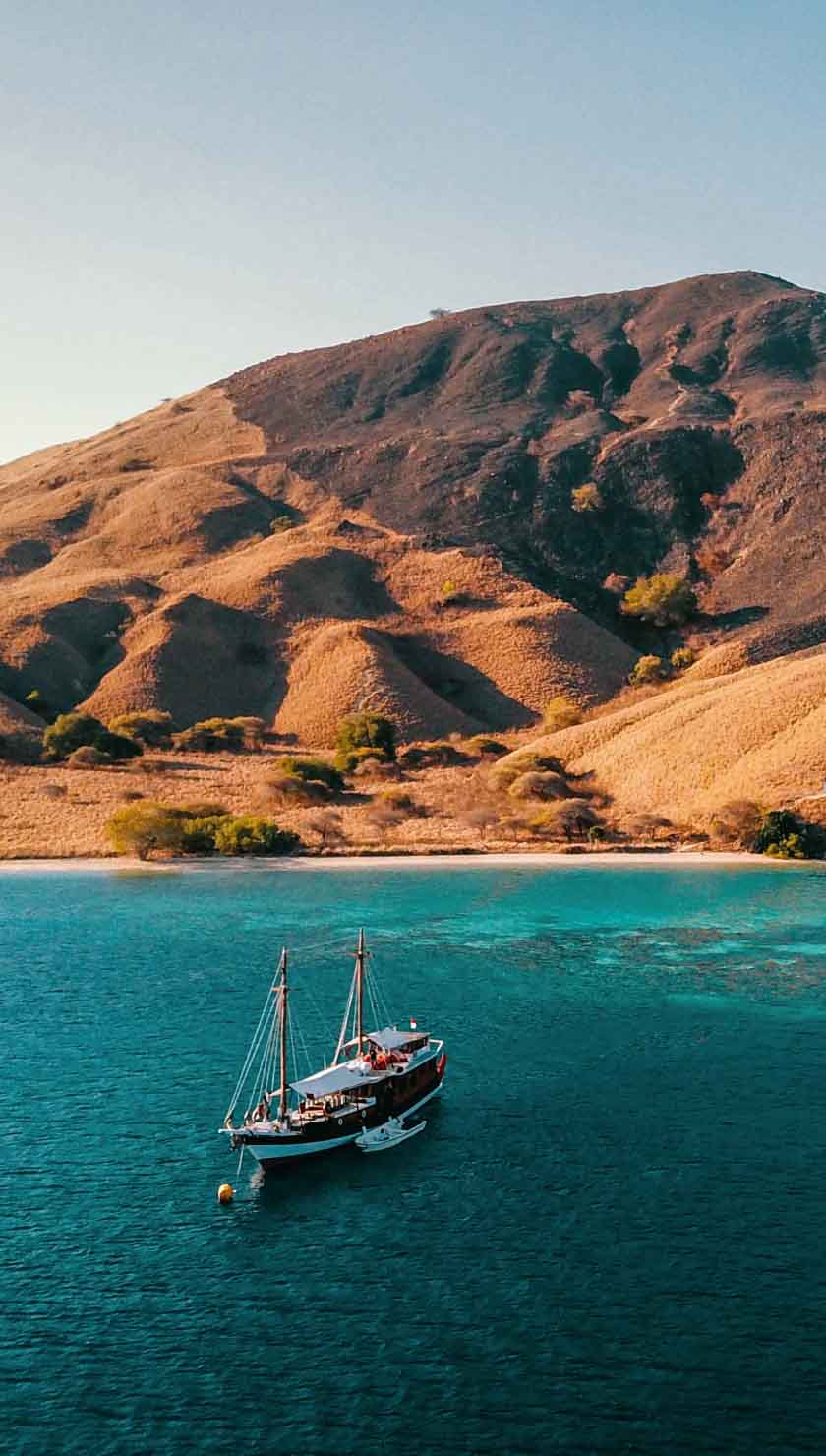Best Portugal cruises and areas to visit
Porto and Douro
The starting point for many small ship cruises is Porto, one of the larger cities on Portugal’s coast. The city is known for its brightly colored buildings, historic buildings, and quaint street cafes. It is well worth arriving a few days early for your cruise to explore Porto. Nearby, the enchanting Douro Valley is known for its natural beauty and as one of Portugal's best wine-producing regions.
Small ship cruises can pass along the Douro River and take guests to the wineries dotted along the banks. It is an opportunity to sample some fantastic port wines from this area. Many of the stop-offs on a small-ship cruise will combine wine and food tastings with local specialties, such as smoked hams and cheeses.
Portimão
The whitewashed glamour of Portimão is an exciting start to any small ship cruise around Portugal. The town and marina are home to chic restaurants, shops, and many long sandy beaches backed by dramatic cliffs. Portimão is a relatively modern town, but it isn’t without its historical sites, with gothic architecture around the back streets and an excellent museum housed in an old cannery.
Madeira
Cruises around Madeira allow guests to see more of its natural wonders than any land-based visit. The island is known for its dramatic cliffs in a rainbow of colors. Dolphins, whales, and turtles are visible year-round, with many species migrating past the island. Madeira has many beaches, black and white sand, plentiful hidden coves, and swimming spots. The island is also ideal for hiking, with a beautiful mountainous center and hundreds of paths to enjoy the local wildlife and nature.
Azores
Nicknamed the Eden of the Atlantic, the Azores is an ideal destination on a small ship cruise around Portugal’s islands. The nine volcanic islands that make up the archipelago, along with its geological past, have led to a breathtaking coastline with twisting bays and deep inland basins between the rolling hills of vegetation.
Many parts are mountainous and green before dropping into the sea, and hot springs are plentiful. The local culture is relaxed and lively, with small but fun nightlife. Out at sea on a small ship cruise, it is a great place for whale and dolphin watching, although it is possible to see so much more, with turtles, sharks, and seabirds all passing by this haven in the middle of the Atlantic Ocean.
Best time to cruise in Portugal
The best time to cruise in Portugal depends slightly on your interests, but also on which region you choose to visit. The mainland has warm summers and colder winters, perfect for sunbathing or cultural visits, whichever takes your fancy. Portimão has its annual carnival between January and February, where you can enjoy street parades, music, and a serious party atmosphere.
The islands have an entirely different climate, with Madeira described as the land of the eternal spring. The summers are warm, with temperatures above 25 degrees between June and August; although it never gets quite as hot as the mainland, it is still perfect beach and walking weather. In winter, the temperature can drop to 16 degrees, which is still mild and enjoyable for cultural visits and mountain walking.
The Azores also have a temperate year-round climate, though winter weather can be slightly less predictable, with stronger winds; there is always a spot in the many sheltered bays and coves to enjoy the sun. The islands celebrate Carnaval in February with colorful dancers, music, and shows. Madeira also celebrates the beautiful festival of flowers in early May, and you can expect to see dancers in flower-dress attire.
Getting to Portugal
One can easily reach mainland Portugal via the international airports in Lisbon, Faro, and Porto. Many small-ship cruises begin in Porto, making it an ideal place to disembark. If you are taking a small-ship cruise around Madeira, it is easiest to fly directly from Lisbon, although seasonal flights are available from other European airports. Visiting the Azores on a cruise is even easier with direct flights from Boston and Oakland, removing the need to double back from mainland Europe.
Tips about Portugal
- Portugal and its islands are within the European Union, so a Visa for this area will allow you to travel to and within all regions of Portugal. The currency is the Euro, and credit cards are widely accepted, though additional charges may apply in some places.
- Although you will be on a cruise, there are plenty of opportunities to enjoy hiking in all regions of Portugal, so pack your boots and jacket to make the most of the scenery.
- Sunscreen is a must, particularly on a small ship cruise where the sea breeze can easily fool you into ending up burnt in the plentiful sunshine.
- In the valleys and forests of Portugal, you might find mosquitoes in the summer, so bring a good insect repellent for those winery tours. Not so for Madeira or the Azores, where there are virtually no bugs or pests, thanks to their relative isolation.
- The Portuguese way of life is very laid back, and you might find that the pace of service (or anything else) is not quite what you are used to, which is particularly true of Madeira and Azores, which seem to exist in a time bubble. The best approach is to take it easy and enjoy the relaxed island atmosphere.











